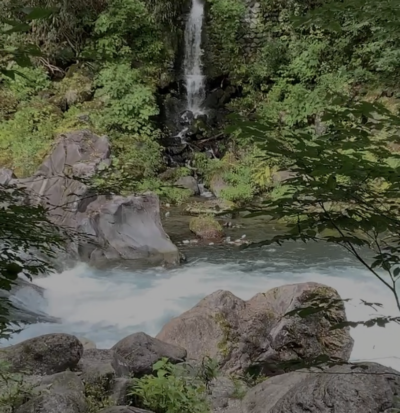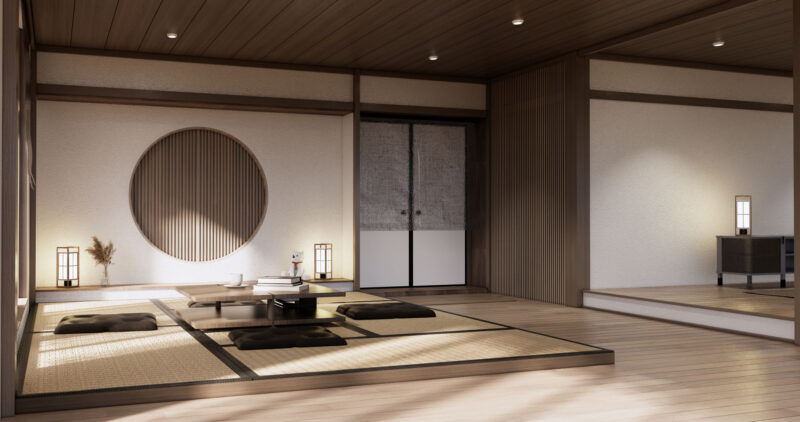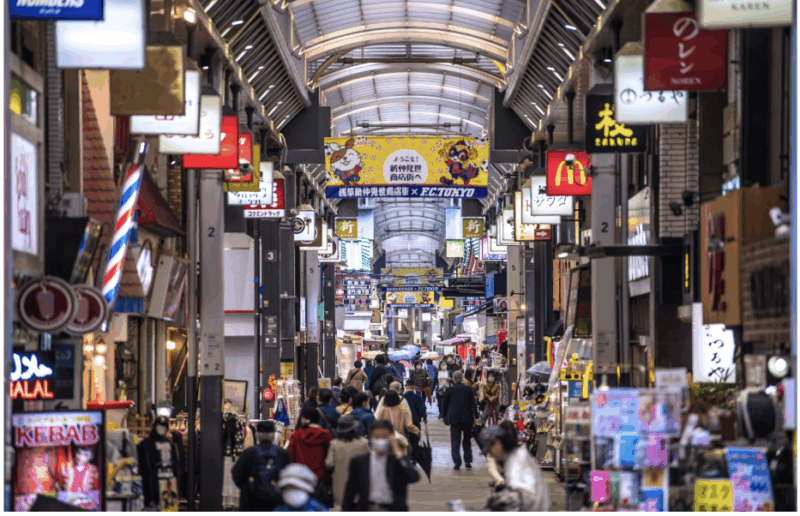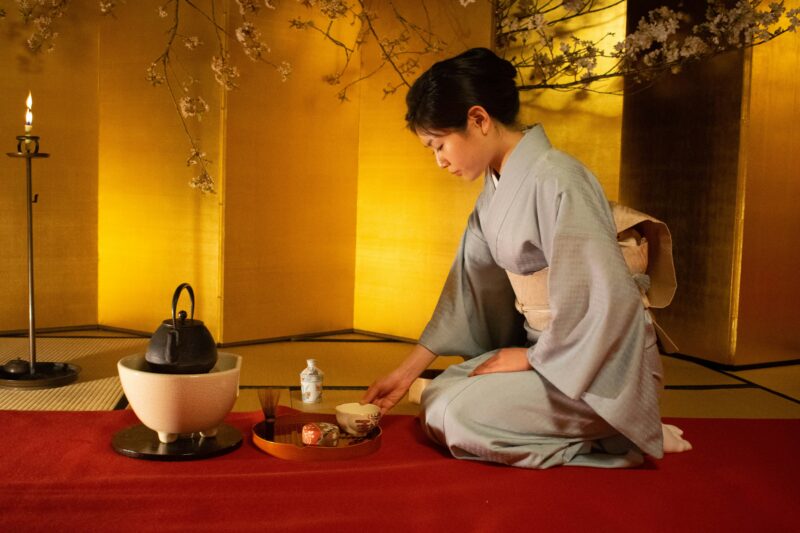Missed the Festival? Find a Ennichi!
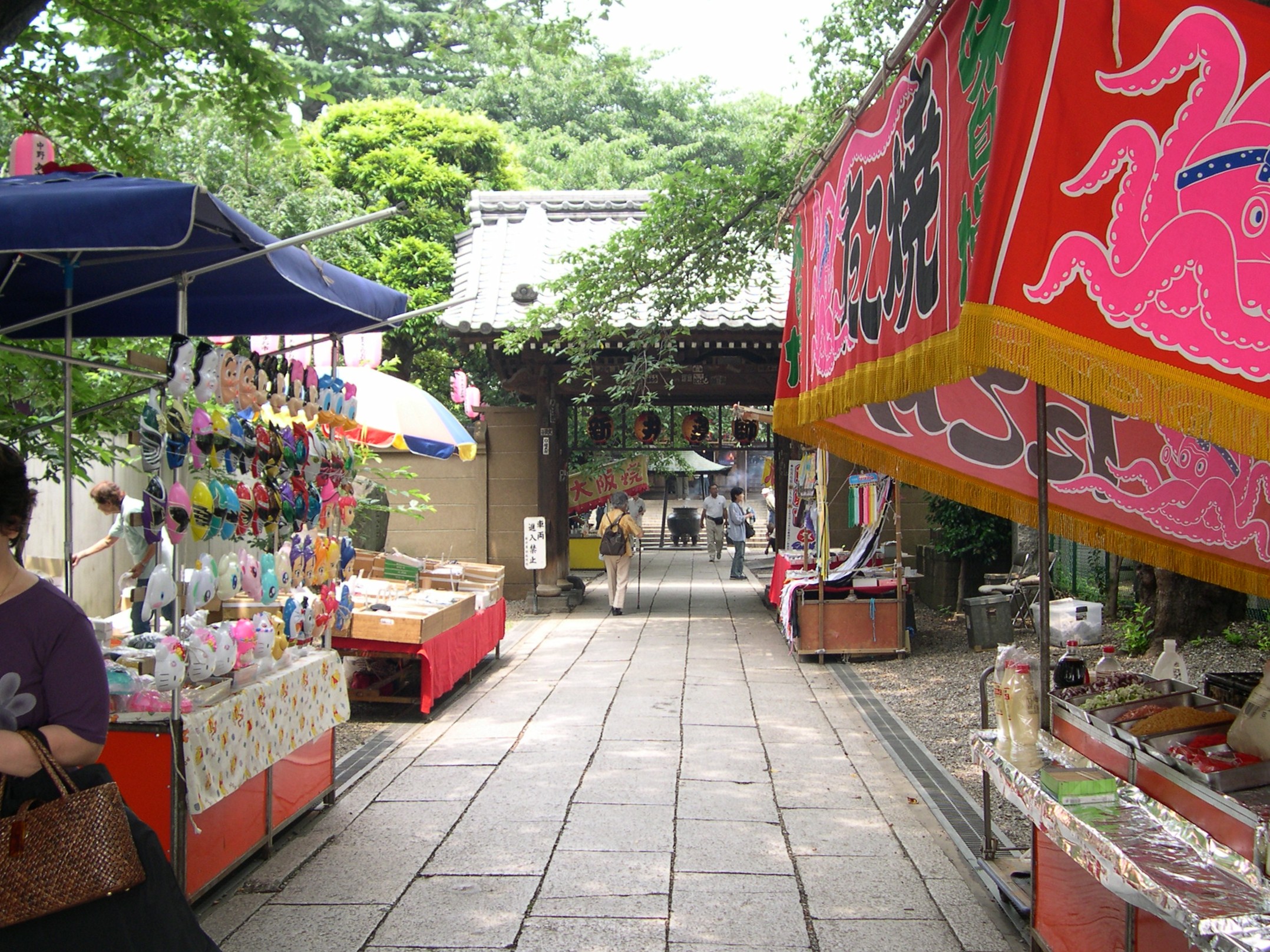
Japan is famous for its vibrant festivals, known as “matsuri,” which take place throughout the year. These events are full of energy, featuring traditional music, dance, food stalls, and colorful decorations. However, if your visit to Japan doesn’t align with a festival, you don’t have to miss out on the festive atmosphere. Instead, look for a local “ennichi” (縁日), a special market-like event held at temples and shrines. Ennichi can give you a taste of a festival experience even outside the peak festival seasons.
What Is an Ennichi?
Ennichi refers to a special day associated with a Buddhist deity or Shinto kami (god). These days are believed to have a stronger spiritual connection between people and the deity, making it a particularly auspicious time to visit a shrine or temple. Over time, these occasions have evolved into lively events featuring food stalls, games, and performances, much like a festival.
Unlike major matsuri, which are large-scale events held annually on fixed dates, ennichi often occur more frequently. Some shrines and temples hold them on a regular basis, such as monthly or even weekly, making them easier to find than a full-scale festival.
How Is an Ennichi Different from a Matsuri?
Both matsuri and ennichi share similarities, such as food stalls, traditional games, and festive decorations, but there are key differences:
- Scale and Frequency: Matsuri are typically grand, once-a-year events with large crowds and elaborate parades, while ennichi are smaller and occur more regularly.
- Religious Significance: Ennichi has a stronger spiritual connection, focusing on the bond between people and the deity of a specific temple or shrine.
- Event Program: Matsuri often feature parades, performances, and religious processions, while ennichi tends to be more casual, with street food, small performances, and traditional games like goldfish scooping (kingyo-sukui).
What to Expect at an Ennichi
If you visit an ennichi, you’ll find an array of food stalls selling popular Japanese street foods such as takoyaki (octopus balls), yakisoba (fried noodles), and taiyaki (fish-shaped cakes filled with sweet red bean paste). There are also traditional games like ring toss (wanage), shooting games, and omikuji (fortune slips), offering a fun and interactive experience for visitors.
Because ennichi are held at temples and shrines, you can also take part in religious rituals, such as offering prayers, purchasing protective amulets (omamori), or even witnessing traditional performances.
How to Find an Ennichi
Even if you miss a major festival, you can still find an ennichi during your stay in Japan. Here are some ways to locate one:
- Check Local Shrine and Temple Schedules: Popular shrines and temples, such as Senso-ji in Tokyo or Fushimi Inari in Kyoto, often hold regular ennichi events.
- Visit Famous Temple Markets: Some well-known temples, like Naritasan Shinshoji, host markets on auspicious days, which function similarly to an ennichi.
- Ask Locals: Hotel staff, guides, or locals may know about smaller, lesser-known ennichi happening nearby.
- Explore Popular Tourist Areas: Some districts, like Asakusa in Tokyo, frequently hold mini-festival events with food stalls and entertainment.
Experience the Festive Spirit Anytime
Even if your trip doesn’t coincide with a grand festival, you can still immerse yourself in Japanese culture by finding an ennichi. These smaller events capture the essence of matsuri in a more relaxed and intimate setting. Whether you’re trying delicious festival food, playing traditional games, or simply enjoying the lively atmosphere, ennichi offers a wonderful way to experience Japan’s rich cultural traditions at any time of the year.
